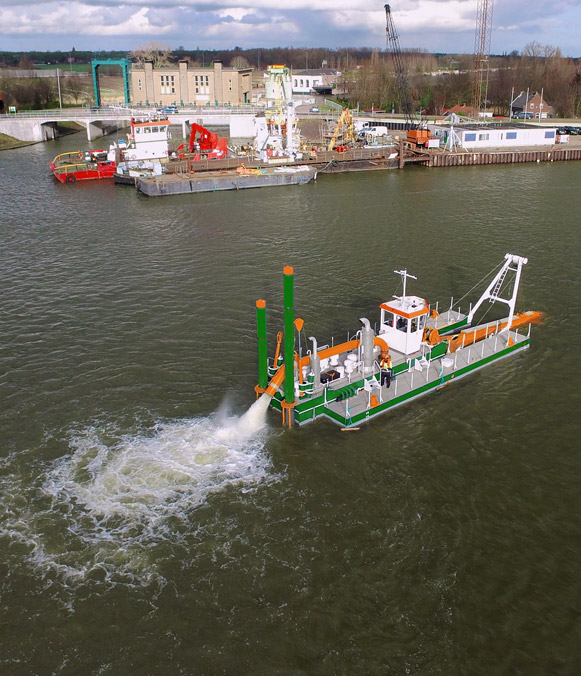
The Importance Of Routine Maintenance For Dredging Equipment
Routine maintenance is essential for the effective and efficient operation of dredging equipment. Given the demanding conditions under which dredgers operate, neglecting maintenance can lead to a host of problems, including reduced performance, increased operational costs, and even safety hazards. Understanding the importance of regular dredge maintenance can help operators ensure that their dredging equipment remains in peak condition, thereby improving productivity and longevity.
Improving equipment longevity:
Dredging equipment, such as pumps, cutters, and excavators, is subjected to harsh environments, including abrasive materials and fluctuating water conditions. Routine maintenance helps identify wear and tear early, allowing for timely repairs or replacements. By addressing minor issues before they escalate, operators can significantly extend the lifespan of their equipment. This proactive approach minimizes the likelihood of catastrophic failures, reducing the frequency and cost of major overhauls.
Ensuring operational efficiency:
Regular maintenance is important for maintaining the operational efficiency of dredging equipment. Equipment that is well-maintained performs better, resulting in increased productivity and reduced downtime. For instance, pumps that are regularly inspected and serviced will operate at optimal flow rates, ensuring that materials are moved efficiently. Conversely, neglected equipment may operate suboptimally, leading to increased fuel consumption and lower overall performance. By implementing routine maintenance, operators can ensure their equipment runs smoothly and efficiently.
Reducing operational costs:
Routine maintenance can lead to significant cost savings over time. Although maintenance requires an initial investment of time and resources, it prevents more significant and costly repairs down the line. For example, replacing worn components during scheduled maintenance is far less expensive than addressing a complete equipment breakdown due to a neglected issue. Additionally, maintaining equipment efficiency can lower fuel costs, reducing the overall operational expenses associated with dredging projects.
Improving safety:
Safety is paramount in any construction or marine operation, and dredging is no exception. Well-maintained equipment reduces the risk of accidents and injuries on the job site. Regular maintenance checks ensure that safety features are functional, machinery operates correctly, and operators can perform their tasks without risk. By considering routine maintenance, operators create a safer working environment for all personnel involved.
Compliance with regulations:
In many regions, dredging operations must adhere to specific regulatory standards regarding equipment performance and safety. Routine maintenance helps ensure compliance with these regulations, reducing the risk of fines or penalties. Regular documentation of maintenance activities also works as proof of compliance during inspections by regulatory bodies.

